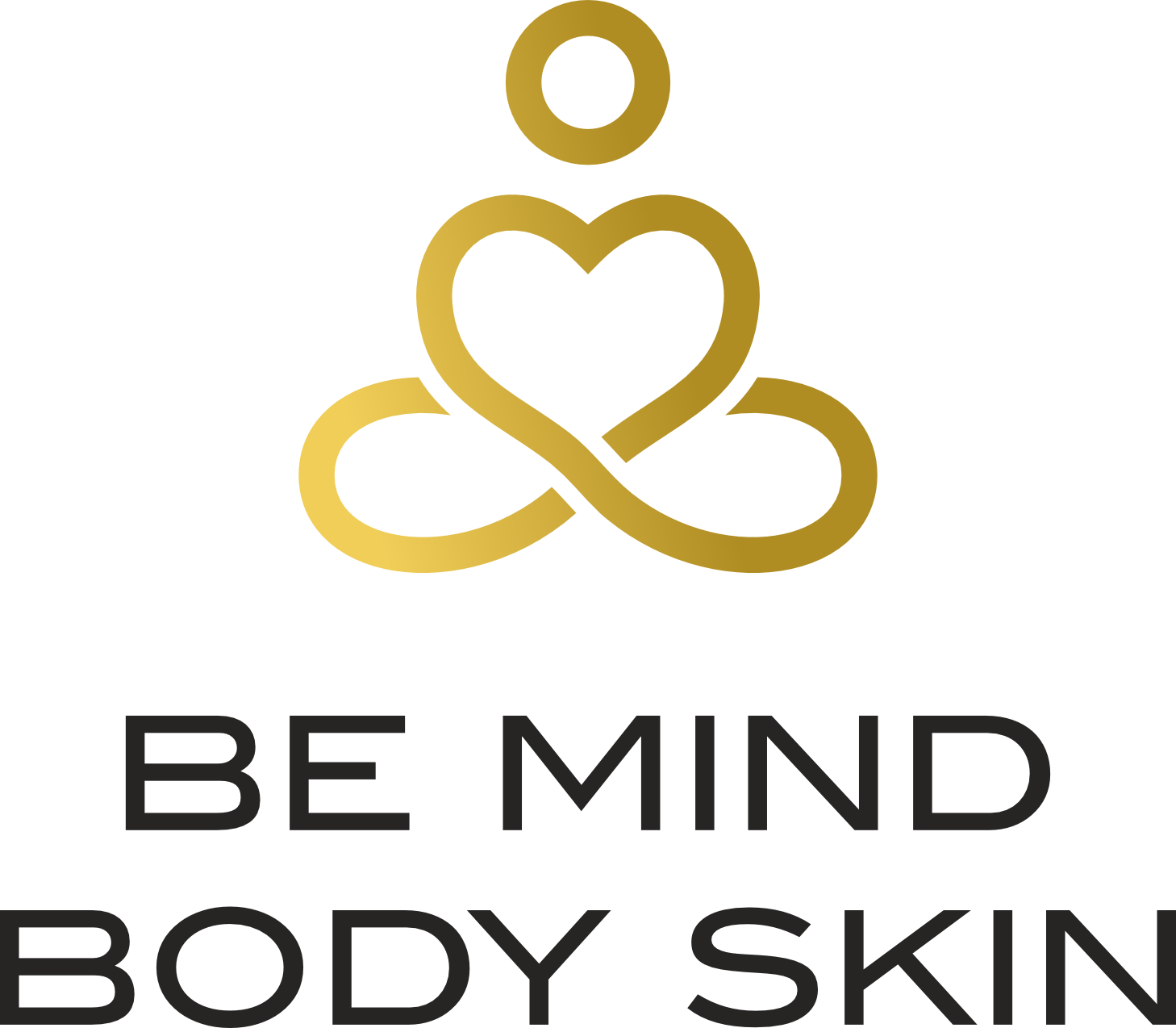4 Alternatives to Dairy That I Love
Recently people move towards dairy alternatives for a wide variety of reasons. It can be health related, since a lot of people have Lactose intolerance and other health issues which are aggravated by the usage of dairy in their diet. It can also be for a better impact on the planet like going ‘vegan’. Whatever may be the reason, people do struggle while giving up dairy to find alternatives. This perspective article helps introduce you to some dairy alternatives which are healthy and mindful.
A cup of whole milk contains approximately 149 calories, 8 grams (g) of protein, and 8 g of fat. It also contains nutrients and minerals that include calcium and potassium. In addition, the store bought milk has added Vitamin D which is responsible for increasing intestinal absorption of calcium, magnesium, and phosphate, and many other biological benefits.
Here are some healthy replacements which I love to use and have shown amazing benefits to health and also are very tasty.
Almond milk
A cup of almond milk contains approximately 39 calories, 1 g of protein, and 2.5 g of fat. According to an article published in New Engl J Med, Almonds have a high content of monounsaturated fatty acids (MUFA) that are considered helpful in weight loss and weight management. There is also a considerable amount of compelling evidence that MUFA helps in reduction of low-density lipoprotein content in the body. Almonds also act as a vital source of various nutrients including proteins, fiber, vitamin E and manganese.
Oat Milk
Oats have received extensive interest due to the presence of dietary fibers, phytochemicals and high nutritive value. Oats possess various health benefits such as hypocholesterolemic and anticancer properties. Oat fibers are also known for their hypocholesterolemic effect by reducing total and LDL cholesterol.
Soy Milk
Soy milk was the first plant-based milk which served the purpose of providing nutrients to the population where the milk supply was inadequate. It was also popular amongst the populations who are allergic to milk proteins and are lactose intolerant. Soy milk is a good source of essential monounsaturated and polyunsaturated fatty acids which are considered good for cardiovascular health.
Coconut Milk
The aqueous extract of scraped coconut kernel is known as coconut milk. Coconut milk preparations are also commercially available in the form of desiccated powders or liquids. It has a creamy texture and contains 74 calories and 5 g of fat, but less than 1 g of protein. Coconut milk is rich in vitamins and minerals such as iron, calcium, potassium, magnesium and zinc. It also contains a significant amount of vitamin C and E.
Need a consult? Schedule a consult here or Book your first appointment !
Read more on Anger Management
Get to know more about a personalized wellness plan with a BE Mind Body Skin Comprehensive consult - MindBody Consult


